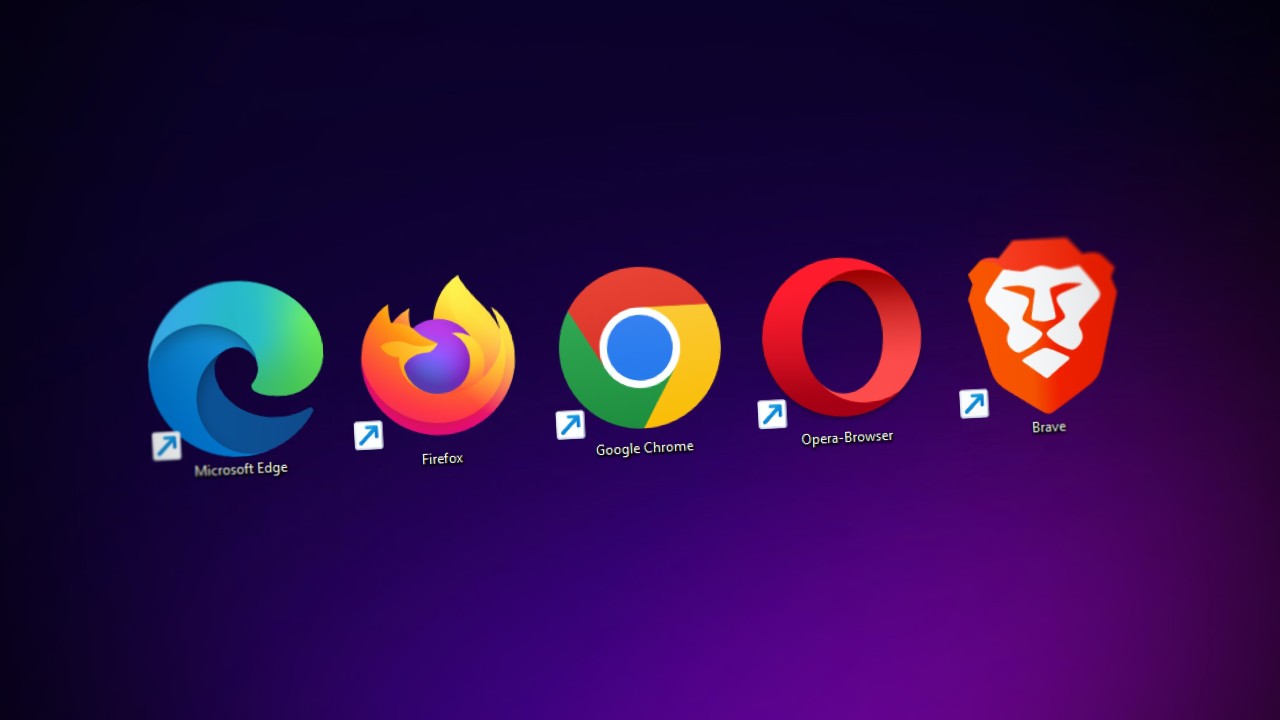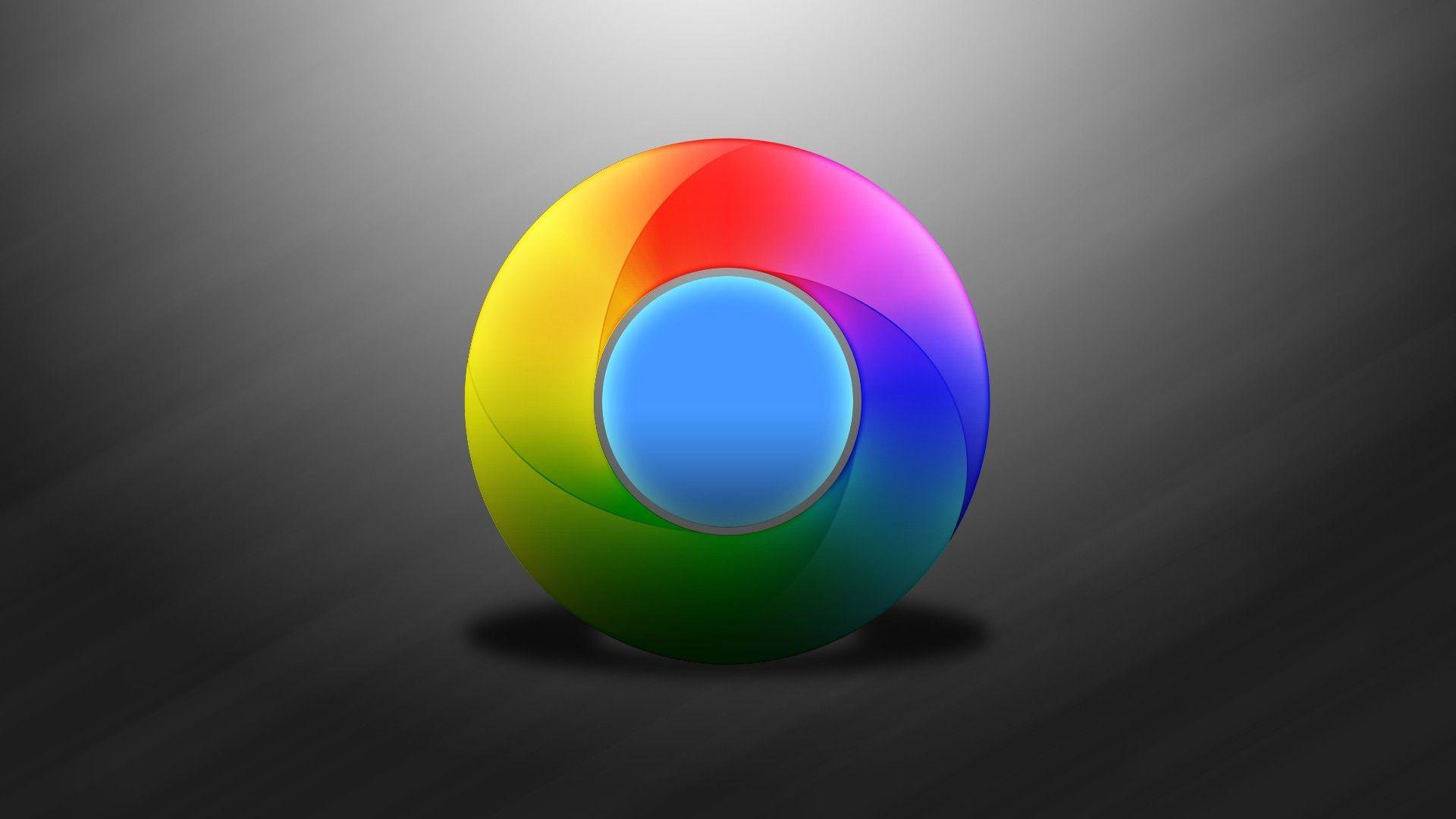Choosing a web browser is not an easy task, as there are many factors to consider, such as speed, security, privacy, compatibility, and user experience. In this blog post, we will compare five of the most popular web browsers and highlight their pros and cons.
1. Google Chrome: The Most Popular Browser
Google Chrome is the most widely used web browser in the world, with a market share of over 60%. It is known for its fast performance, extensive customization options, and integration with Google services. However, Chrome also has some drawbacks, such as high memory usage, privacy concerns, and lack of support for some web standards.
Pros:
– Fast and responsive
– Supports a large number of extensions and themes
– Syncs with Google account and other devices
– Offers built-in features such as translation, password manager, and dark mode
Cons:
– Consumes a lot of RAM and CPU resources
– Collects a lot of user data and tracks browsing activity
– Does not support some web standards such as RSS feeds and WebP images

2. Mozilla Firefox: The Privacy-Focused Browser
Mozilla Firefox is the second most popular web browser, with a market share of around 15%. It is known for its strong focus on privacy, security, and customization. Firefox offers many features that protect users from online threats and trackers, such as tracking protection, private browsing, and Firefox Monitor. However, Firefox also has some disadvantages, such as slower performance, compatibility issues, and fewer extensions than Chrome.
Pros:
– Protects user privacy and security with various features and settings
– Supports a wide range of web standards and technologies
– Allows users to customize the browser with themes, add-ons, and preferences
Cons:
– Slower than Chrome in some benchmarks and tests
– Less compatible with some websites and web applications
– Has fewer extensions and themes than Chrome

3. Microsoft Edge: The Newcomer Browser
Microsoft Edge is the newest web browser on the list, as it was launched in 2015 as a replacement for Internet Explorer. It is based on the same engine as Chrome, which means it has similar performance and compatibility. Edge also offers some unique features, such as Cortana integration, reading mode, and collections. However, Edge also has some limitations, such as lack of cross-platform support, limited customization options, and lower market share.
Pros:
– Fast and compatible with most websites and web applications
– Integrates with Windows 10 and Microsoft services
– Provides some exclusive features such as Cortana, reading mode, and collections
Cons:
– Only available for Windows 10 and some mobile devices
– Has fewer extensions and themes than Chrome and Firefox
– Has lower market share and user base than Chrome and Firefox
4. Safari: The Apple Browser
Safari is the default web browser for Mac OS X and iOS devices. It is known for its sleek design, smooth performance, and integration with Apple ecosystem. Safari also offers some features that enhance user experience, such as iCloud sync, reader view, and picture-in-picture mode. However, Safari also has some drawbacks, such as limited availability, compatibility issues, and lack of customization options.
Pros:
– Fast and smooth on Mac OS X and iOS devices
– Syncs with iCloud account and other Apple devices
– Offers some user-friendly features such as reader view, picture-in-picture mode, and handoff
Cons:
– Only available for Mac OS X and iOS devices
– Less compatible with some websites and web applications than Chrome and Firefox
– Has fewer extensions and themes than Chrome and Firefox

5. Opera: The Niche Browser
Opera is one of the oldest web browsers on the list, as it was launched in 1995. It is known for its innovative features, such as built-in VPN, ad blocker, battery saver, and Opera Turbo. Opera also offers some features that cater to specific needs or interests, such as gaming mode, crypto wallet, and news reader. However, Opera also has some disadvantages, such as lower performance, compatibility issues, and lower market share.
Pros:
– Offers some unique features such as built-in VPN, ad blocker, battery saver, and Opera Turbo
– Caters to specific needs or interests with features such as gaming mode, crypto wallet, and news reader
Cons:
– Lower performance than Chrome, Firefox, and Edge in some benchmarks and tests
– Less compatible with some websites and web applications than Chrome, Firefox, and Edge
– Has lower market share and user base than Chrome, Firefox, and Edge
Conclusion:
There is no definitive answer to which web browser is the best, as different browsers have different strengths and weaknesses. The best web browser for you depends on your personal preferences, needs, and device specifications. You can try out different browsers and see which one works best for you. You can also use more than one browser for different purposes, such as work, entertainment, or education. The important thing is to choose a web browser that is fast, secure, reliable, and user-friendly.
















